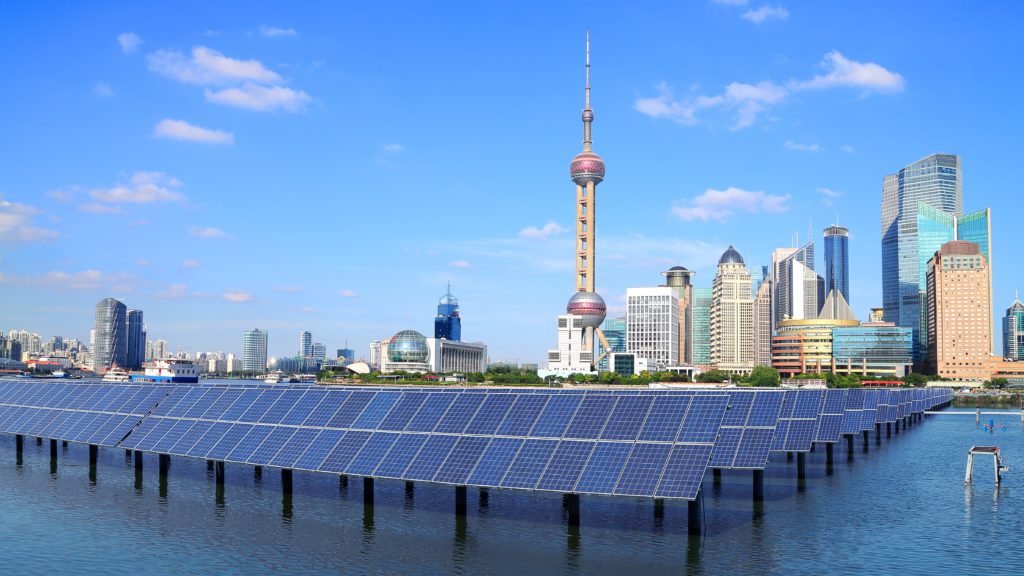Column: Xi’s commitment to energy transition is mixed for commodities

Commodity markets were given little to cheer about in President Xi Jinping’s address to the Communist Party Congress, with the main signal being a continuation of current policies in China, the world’s biggest importer of natural resources.
Xi’s opening speech on Sunday to the twice-a-decade congress was largely a steady-as-she-goes report card as far as commodities were concerned, with no big announcements of government stimulus or a major shift in economic priorities.
There is still scope for positive economic news to come out of the gathering, but the main impact is that there is little immediate upside to China’s demand for commodities.
However, within the detail of Xi’s address were both short- and long-term risks for commodity demand, as well as some bullish longer-term prospects for commodities linked to the energy transition.
The main short-term risk is China’s ongoing commitment to a strict zero-covid policy, which increases the chances of more lockdowns and less demand for transport and industrial fuels.
China’s crude oil imports dropped 4.7% in the first eight months of this year compared to the same period in 2021, and much of the blame has been laid at the door of the zero-covid policy for crimping demand.
A key pillar of Xi’s speech was ensuring security of supply for grains and energy, as well as a commitment to prioritize environmental protection and promote green lifestyles.
China aims to be carbon-neutral by 2060 and see peak emissions in 2030, and Xi recommitted to these targets but said they would be achieved steadily and in accordance with the country’s energy resources.
“Based on China’s energy and resource endowment, we will advance initiatives to reach peak carbon emissions in a well-planned and phased way in line with the principle of building the new before discarding the old,” Xi said.
This could be viewed as a sign that coal will remain in China’s energy mix for decades to come, but it’s worth noting that China is also likely to try to cut, if not end, imports of the polluting fuel, and instead focus on using its vast domestic resources.
China is also likely to be looking at ways of reducing its reliance on imported crude oil, and the energy transition does offer some answers.
It’s unlikely that China will be able to boost domestic crude production by much, which leaves cutting demand as the best way to lower its reliance on oil imports.
Electric vehicles
An increasingly rapid shift to electric vehicles may result in lower demand for gasoline and diesel, with new vehicle registrations in China already showing a quarter of new cars are fully electric or plug-in hybrids.
Almost half of the new electric vehicles in the world are being sold in China, and it’s likely that Beijing will continue to encourage a larger market share.
Rising sales of electric vehicles likely means China’s demand for battery metals such as lithium, cobalt and nickel is likely to increase over the longer term.
Copper demand is also likely to increase as the country moves more of its energy to electricity.
While Xi may want China to become more self-sufficient, for certain commodities this is impossible given the lack of enough domestic resources.
Iron ore, battery metals, copper and natural gas are commodities where China’s demand is likely to substantially exceed the available domestic supply.
An accelerated energy transition is also likely to boost demand for these commodities while cutting demand for crude oil and coal.
(The opinions expressed here are those of the author, Clyde Russell, a columnist for Reuters.)
(Editing by Christian Schmollinger)
{{ commodity.name }}
{{ post.title }}
{{ post.date }}




Comments